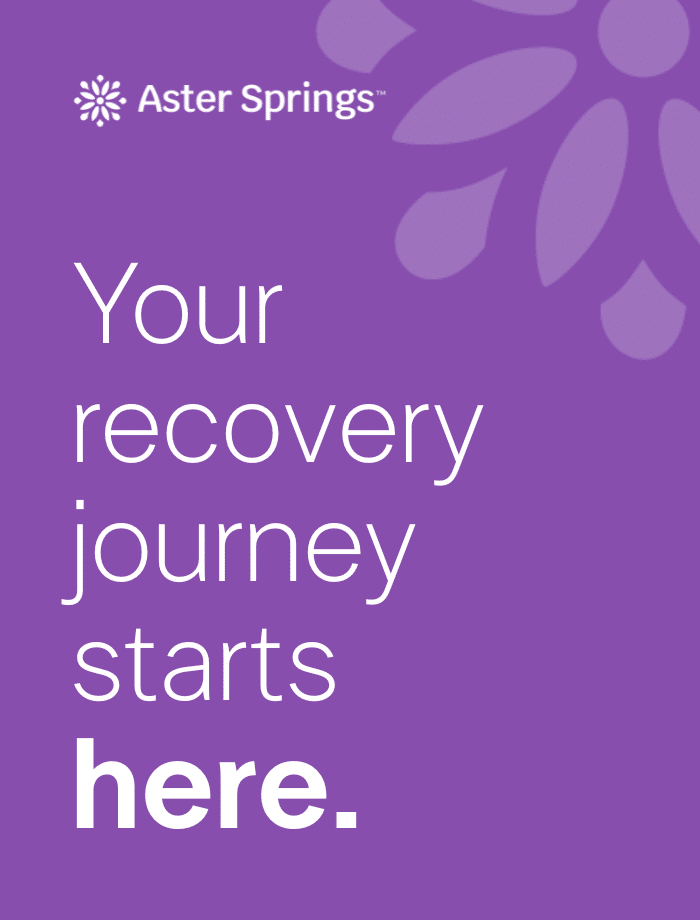Eating disorders have become increasingly common across many demographics, affecting more people than ever. However, the stigma surrounding conditions such as anorexia nervosa continues to make it difficult to discuss and help those suffering from it properly. While it’s one of the most common eating disorders, most people may not know the true severity of it outside of its portrayal in popular culture.
When you know some of the important statistics on
anorexia nervosa, you can begin to discover and learn how to heal and move on to your next chapter. Here are some of the key things you or a loved one need to know:
There Are Genetic Factors in Play
While many people may believe that external factors are the biggest contributors to developing an eating disorder, they are not the only potential cause. While the exact cause of anorexia cannot be tied to a particular reason, your genetics can play a significant role. Plainly stated — if there’s a history of eating disorders in your family, the higher chances you have of developing one.
People with an established family history of eating disorders have reported between 40-60% heritability. (National Library of Medicine) Relatives of people with anorexia have been found to be 11 times more likely to develop the condition than people without a close relative suffering from it. (National Library of Medicine) While we may not directly inherit the condition, we may become genetically predisposed to it.
It Has a High Risk of Death Rate Compared to Other Mental Illnesses
With the wide range of mental illnesses, people might believe that conditions like depression, schizophrenia, or bipolar disorder might have the highest mortality rate. Most are surprised to learn that anorexia nervosa carries a higher risk than all three. (Rittenhouse and Ekern) This lack of general knowledge revolves around how little anorexia is spoken about in the same breath as these other disorders.
Awareness of depression, schizophrenia, anxiety, and bipolar disorder may not be at the levels mental health professionals wish for; however, they still get discussed more in the public consciousness. With anorexia carrying such a high mortality rate, one in five deaths from anorexia is from suicide. (National Eating Disorders Association)
Disordered Eating Doesn’t Only Affect Teenage Girls
Teenagers and professional models are often the first ones to jump to mind when the average person thinks about eating disorders. Popular culture has emphasized these two demographics as being the most commonly associated with suffering from eating disorders. Still, they aren’t the only sections of the population that have experienced a spike in cases.
Making up 25% of the number of people with anorexia, men often either go undiagnosed or receive an official diagnosis later than most. (National Eating Disorders Association) This delay can lead to a higher risk of death. Men may go undiagnosed for such extended periods because clinical assessments focus on the desire to lose weight versus building muscle. Additionally, the elderly and people below the poverty line are also at risk of developing anorexia or other eating disorders.
Women in the Military Report Higher Risks
The military presents a unique opportunity for personal growth for people who enlist, but it also appears that they face a substantial risk of developing an eating disorder. In one survey, over 60% of enlisted women met the criteria for an eating disorder. (Mobbs) The Marine Corps, in particular, saw a staggering 97.5% of respondents meeting this criterion. (Mobbs)The pressure to perform physically, the rigorous training, and the desire to succeed can all become triggers for eating disorders.
Common Psychological Risk Factors
For people suffering from anorexia, some common traits transfer across cases and demographics. Often, feelings of perfectionism, anxiety, the “thin beauty ideal,” and being in a high-risk social environment all factor in someone developing a case of anorexia. While the assortment of factors may differ from person to person, they can still be identified and treated with the proper care.
Treatment for Anorexia with Aster Springs
No matter the type of eating disorder you have, finding a treatment center that can help diagnose and treat your underlying symptoms can help speed up your recovery. As eating disorders in adolescents, adults, and more become more prevalent, learning all you can about eating disorder symptoms, causes, and risk factors can help people get the treatment they need.
Aster Springs has provided our patients with the personalized treatment plans and therapies they need for their recovery journey. If you or someone you love currently suffers from an eating disorder, please don’t hesitate to
find the location nearest you. Our compassionate team is ready to hear from you and help you through our admissions process to get you the help you need.
Sources:
https://www.nationaleatingdisorders.org/statistics-research-eating-disorders
https://anad.org/eating-disorders-statistics/
https://www.nimh.nih.gov/health/statistics/eating-disorders
https://www.ncbi.nlm.nih.gov/pmc/articles/PMC2828778/ 

